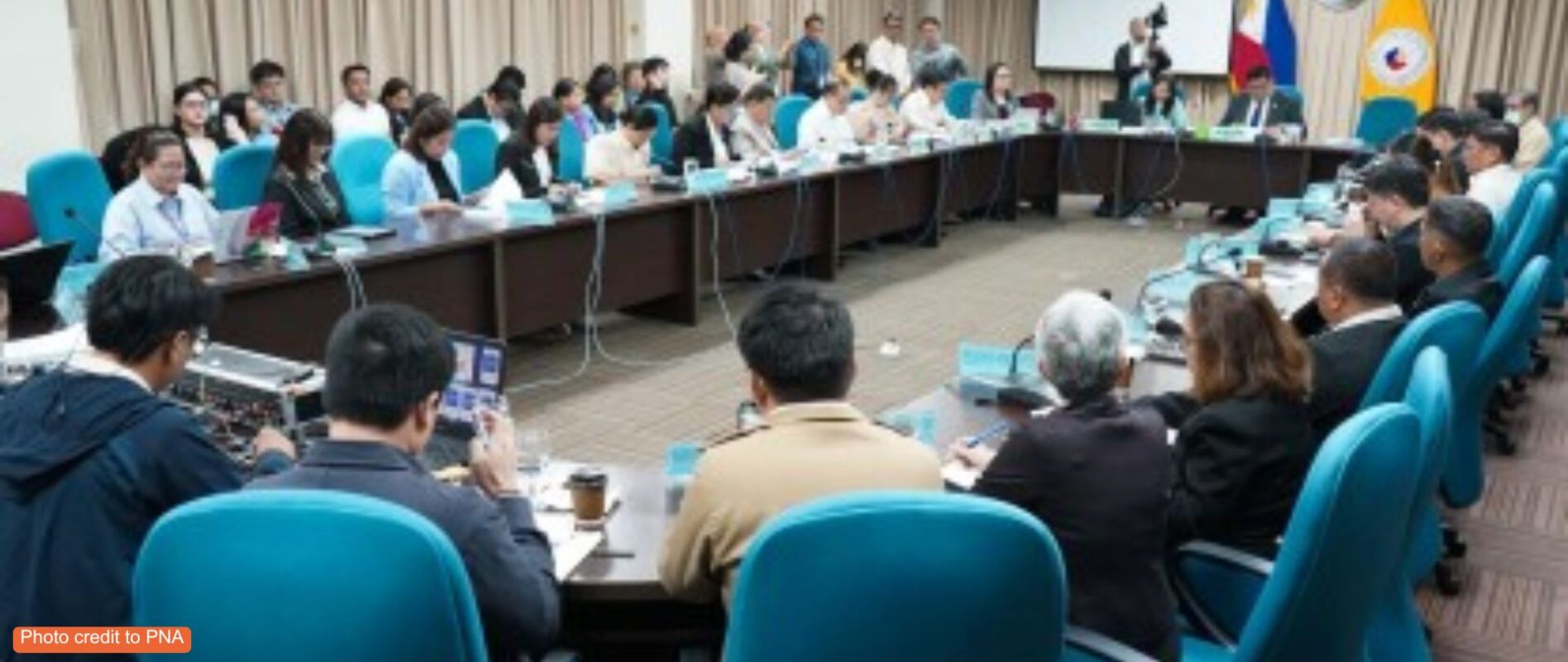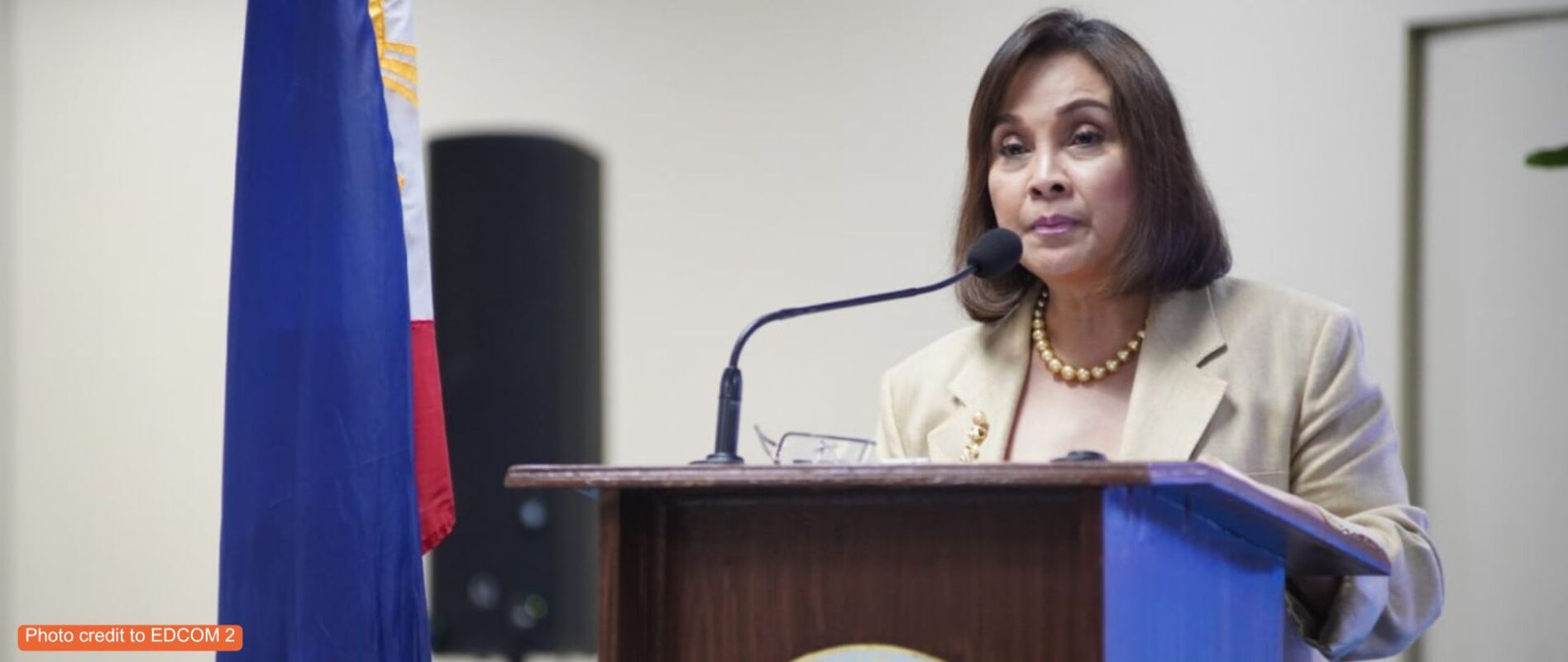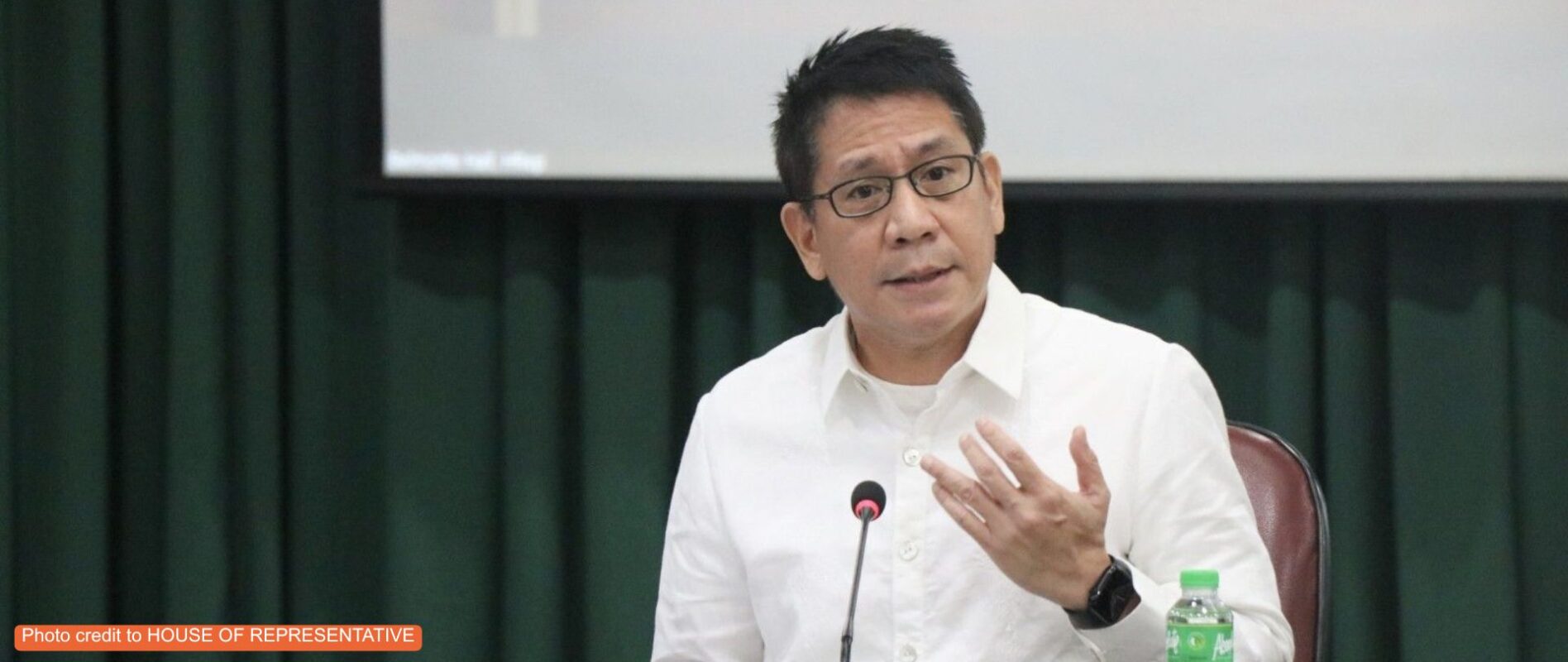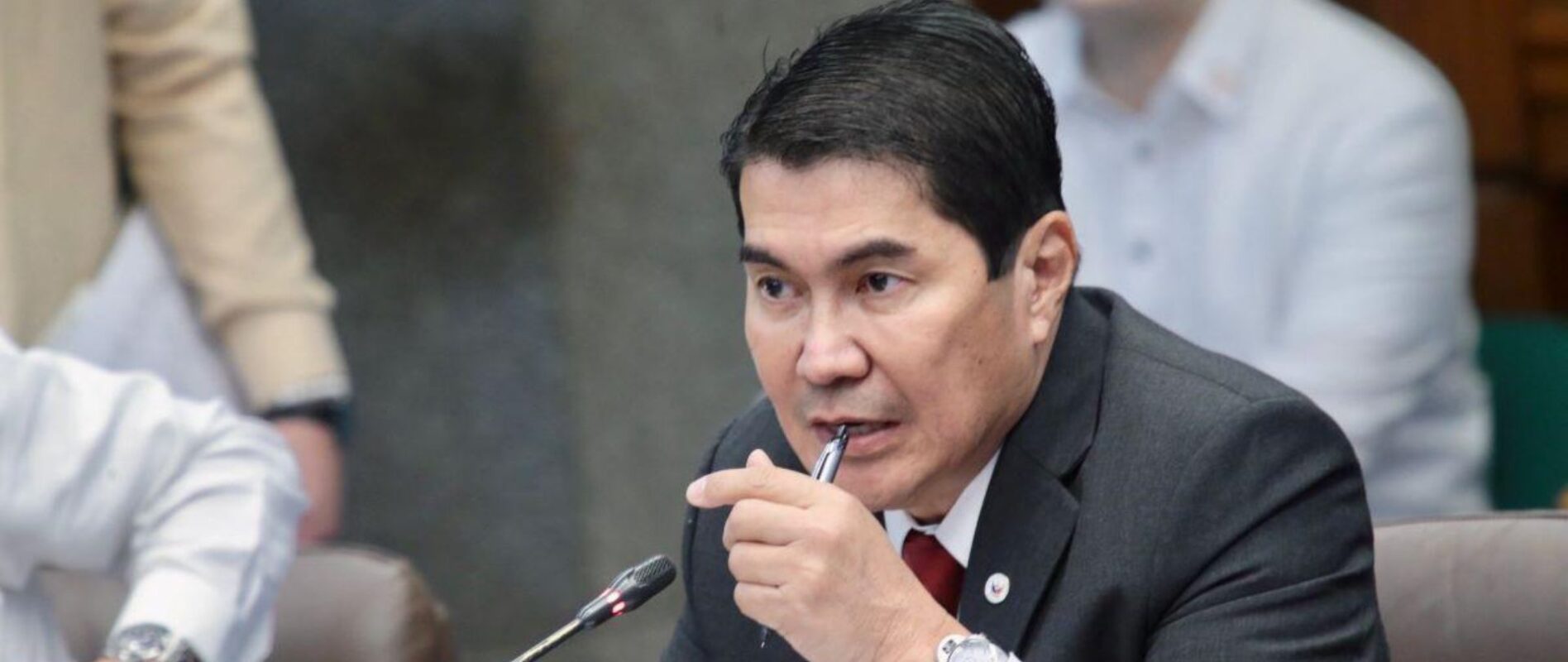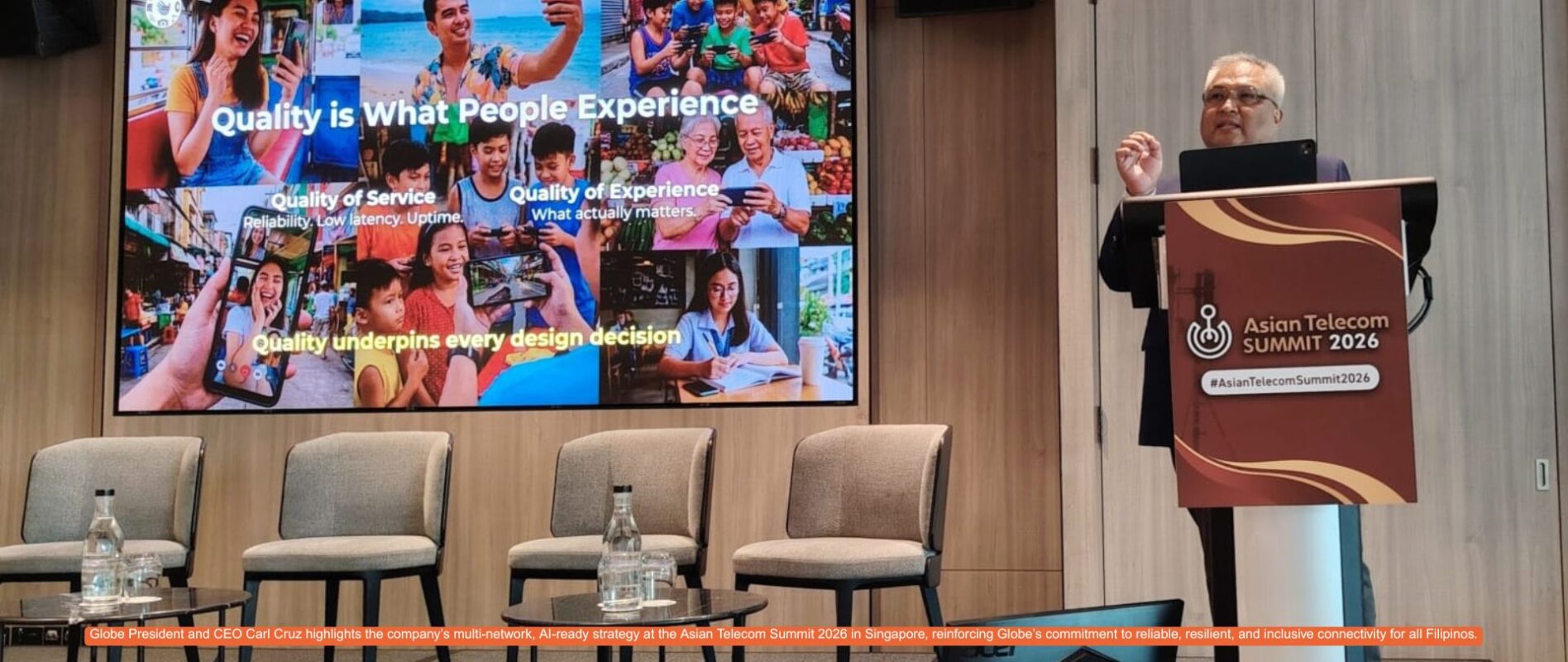SENATOR STRESSES URGENT NEED FOR BUDGET REFORM IN EDUCATION
SENATOR Pia Cayetano expressed full support for Senator Bam Aquino’s privilege speech on the state of Philippine education, calling it a reflection of the “persistent and deeply rooted” challenges the country faces—especially in terms of budget allocation.
“This is not an interpellation, just a manifestation of support,” Cayetano said, praising Aquino as a welcome addition to the Senate’s education advocates.
She noted that as the former sponsor of the education budget for the past six years, she had personally witnessed the sector’s long-standing issues.
“All the challenges we’ve faced pretty much remain the same. But I want to share some good news,” she said.
Cayetano cited the appointment of Education Secretary Juan Edgardo Angara as a positive development.
“He stood in our shoes, has been among us, and was one of the proponents of EDCOM 2,” she said, referring to the Second Congressional Commission on Education, which is tasked with proposing systemic reforms for the country’s education system.
She also welcomed President Ferdinand Marcos Jr.’s recent pronouncement that education will be a top priority in the remaining years of his administration. However, she warned that the real test lies in how this commitment translates into actual funding.
Cayetano shared sobering figures: the country currently faces a shortage of 159,000 classrooms, yet only ₱7 billion was allocated for new construction in the 2024 education budget. In contrast, addressing the full shortage would require an estimated ₱398 billion—or about ₱39.8 billion annually over ten years.
“This doesn’t even include damaged classrooms, which are low-hanging fruit—we could simply repair them instead of building new ones,” she added. “But unfortunately, some local leaders would rather showcase new buildings, when what we really need are functional classrooms.”
She also highlighted the issue of absorptive capacity in local government units, which often hampers the implementation of classroom construction projects.
In many cases, she said, LGUs request funding without completing necessary site surveys or securing safe land for construction.
“Sometimes the property allocated is even prone to landslides,” Cayetano pointed out. “Then the blame game begins between DepEd and DPWH.”
Cayetano concluded by stressing that recurring obstacles like these underscore the need not just for increased budgets, but for political will and proper planning.


